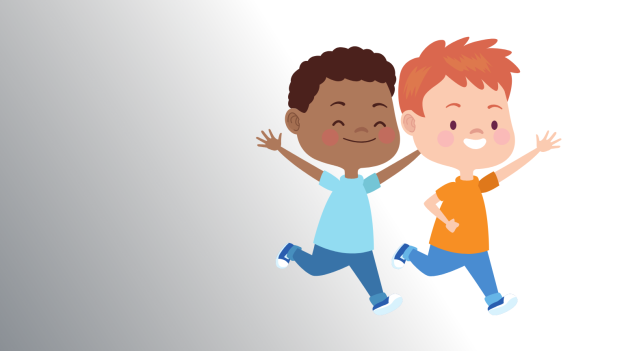Let’s talk about Attention Deficit Hyperactivity Disorder
Attention Deficit Hyperactivity Disorder (ADHD) is a common neurodevelopmental disorder that causes attention difficulty, hyperactivity, and impulsiveness.
Approximately 1 in 20 children are affected by ADHD. While there is no cure for ADHD, there are many treatment options to manage the symptoms of ADHD including medication, psychotherapy, and psychological interventions.
Symptoms
Symptoms vary depending on the type and severity of ADHD. Below lists the three types of ADHD and their common symptoms:
Inattentive:
Difficulty following instructions
Difficulty focusing
Easily distracted
Loses and/or forgets things
Lacks attention to detail, makes careless mistakes
Disorganized
Fails to complete tasks
Hyperactive:
Fidgety
Leaves seat when shouldn’t
Runs/climbs inappropriately
Talks excessively
Difficulty playing quietly
Always on the go
Blurts out responses/interrupts
Has trouble waiting turns
Combined inattentive and hyperactive:
Includes all symptoms listed above
If you or someone you know is experiencing symptoms, check your risk by taking our attention deficit hyperactivity disorder screening.
Treatment
Treatment will vary depending on the type and severity of ADHD. Most treatment include psychotherapy, medications, and other psychological interventions. Since ADHD is typically diagnosed in childhood, behavior therapy is used to teach parents skills and strategies to help their child function at school, at home, and in relationships. The goal is for children to strengthen or reinforce positive behaviors and reduce or eliminate negative or unwanted behaviors (CDC, 2022). Additional forms of psychotherapy and interventions are also available. Stimulants are the most common type of medication used to treat ADHD symptoms.
It is important to know that treatment for mental health conditions are tailored to the individual and the information presented here are just a few of the many different treatment options. Please consult with a medical provider before taking any medications.

Resources
Looking for information, tools or resources for mental health?
Visit our online resource library, where you’ll find tools and apps to support your mental health and wellness, information about mental health and common mental health conditions, on-demand videos and trainings, interactive tools to help you build wellness and safety plans, research and reports, resources for schools and workplaces, and much more!

